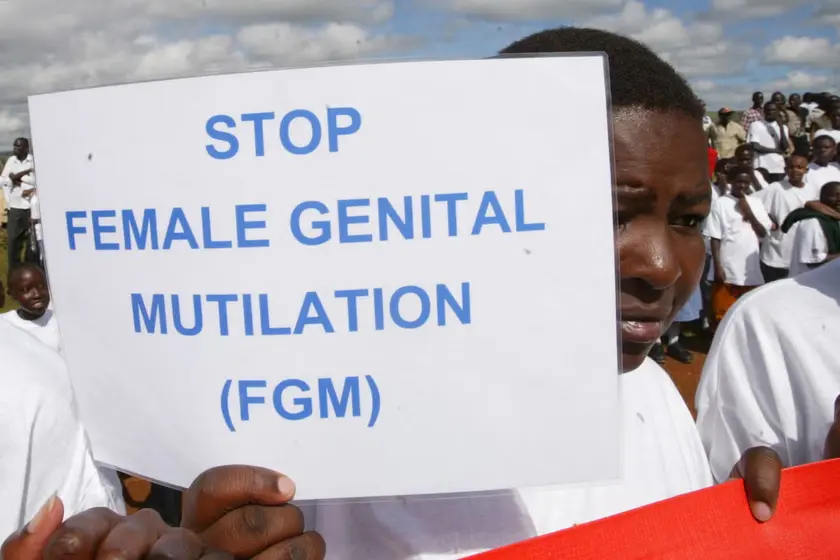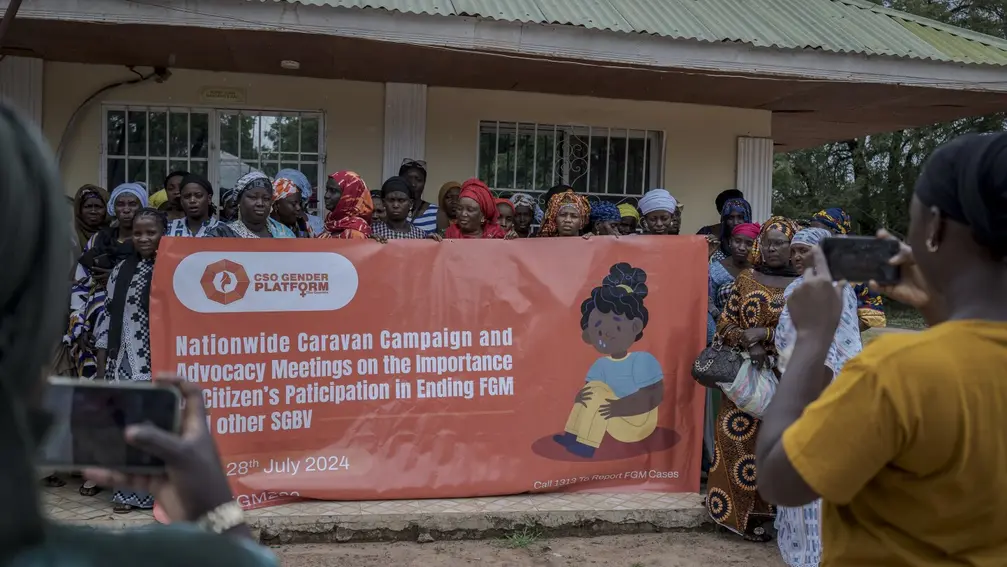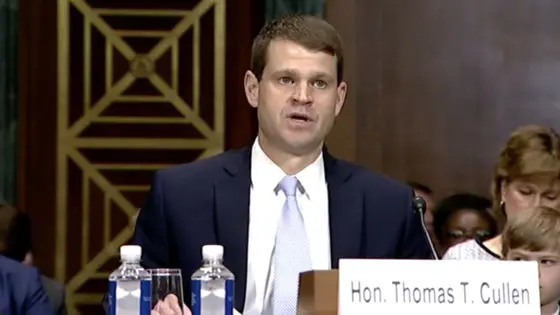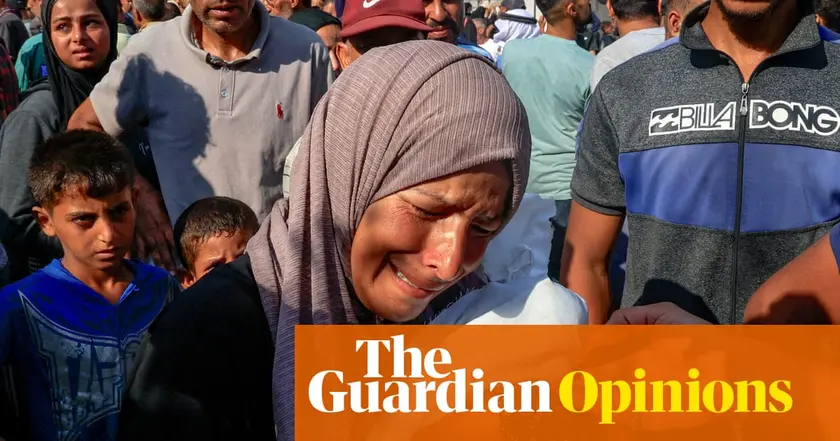T4K3.news
Gambia FGM case moves to court
Three women charged after infant death linked to FGM in The Gambia; case tests the 2015 law and public debate continues.

Three Gambian women face charges after the death of a one month old girl following female genital mutilation.
Three Gambian women charged after newborn death linked to FGM
Three women in The Gambia have been charged under the 2015 Women’s Amendment Act in connection with the death of a one-month-old girl who was subjected to female genital mutilation. The case comes as the country, which banned FGM in 2015, continues to grapple with a public debate sparked by prosecutions of cutters last year.
Police said preliminary findings indicate the child was circumcised and later developed severe bleeding, and she died after being rushed to Bundung Maternal and Child Health Hospital. Civil society groups called the incident a sharp reminder of the need to enforce the law while opponents warn the ban risks driving the practice underground.
Key Takeaways
"Preliminary findings indicate the child was allegedly subjected to circumcision and later developed severe bleeding."
Police statement on the infant's death
"Our task now is clear enforce it fully and fairly, without fear or favour"
Emmanuel Joof, chair of the National Human Rights Commission
"Justice must not only be done but must be seen to be done to protect the rights and lives of Gambian girls"
Edward Francis Small Centre for Rights and Justice
"The people of The Gambia have consistently expressed opposition to the ban and want MPs to repeal it"
Concerned Citizens group
The case lays bare a fundamental clash inside Gambian society between tradition and the protection of children's rights. It also tests how quickly authorities can translate law into real outcomes beyond headlines.
Public reaction is divided. Rights groups press for visible enforcement and accountability, while some communities and political voices argue the ban has become a flashpoint that fuels secrecy and backlash. The bigger question is whether legal bans alone can change a practice rooted in culture and faith, or if broader social change is needed.
Highlights
- No child should pay with her life for a ritual
- Culture cannot be a shield for harm
- Justice must be seen to be done in cases like this
- The law must protect the most vulnerable first
Backlash risk amid FGM ban case
The case sits at the crossroads of culture, religion and rights. It could trigger political debate, public backlash, or calls to revise gender laws. Enforcement may influence community trust in the justice system.
The case may redefine how The Gambia balances tradition with child protection.
Enjoyed this? Let your friends know!
Related News

Trump orders release of Epstein grand jury testimony

Three women charged in The Gambia FGM case

Post Malone wins custody case against Jamie Park

Russia linked to breach of US court records

Judicial power under strain in Maryland clash

Gruden case moves to public court

Federal appeals court halts contempt ruling

Epstein files reveal limited new information
